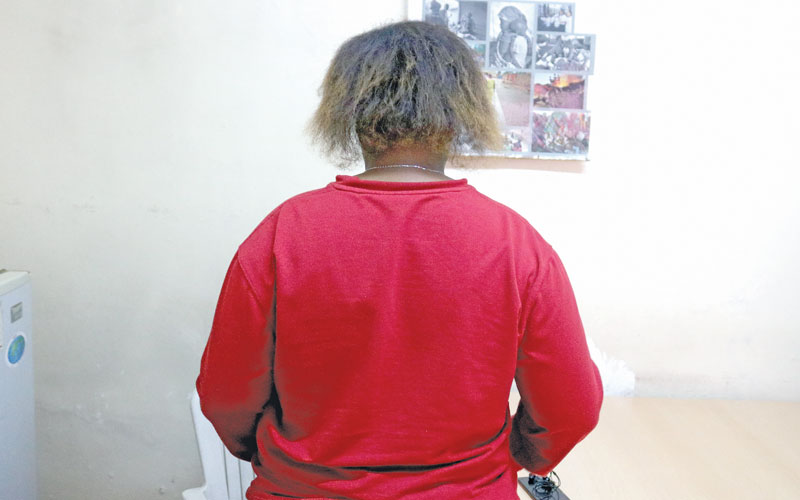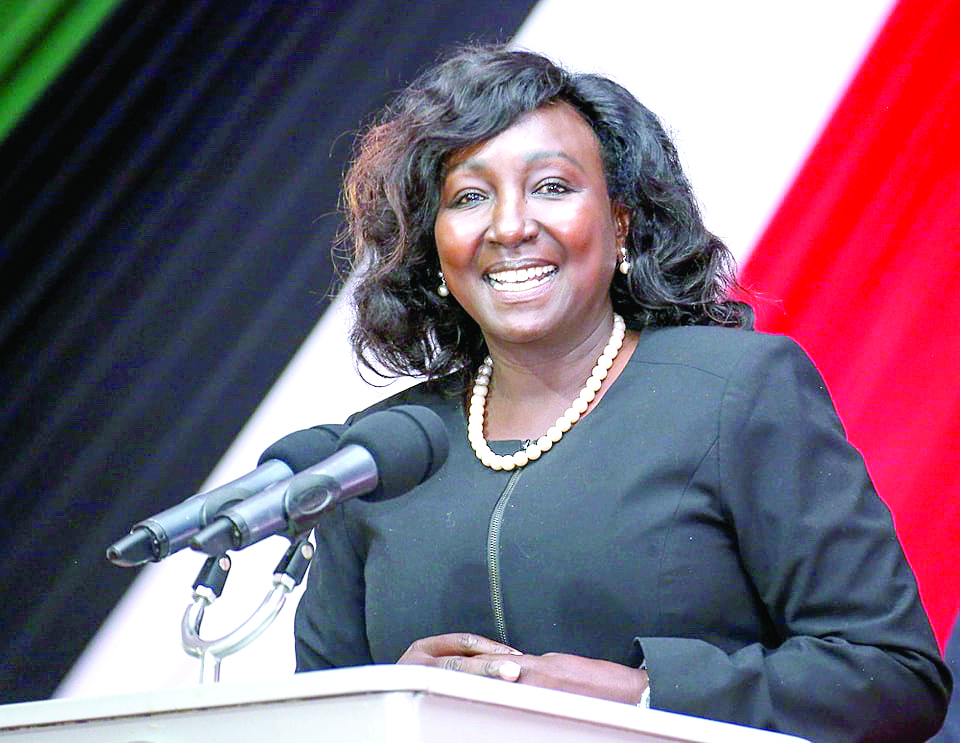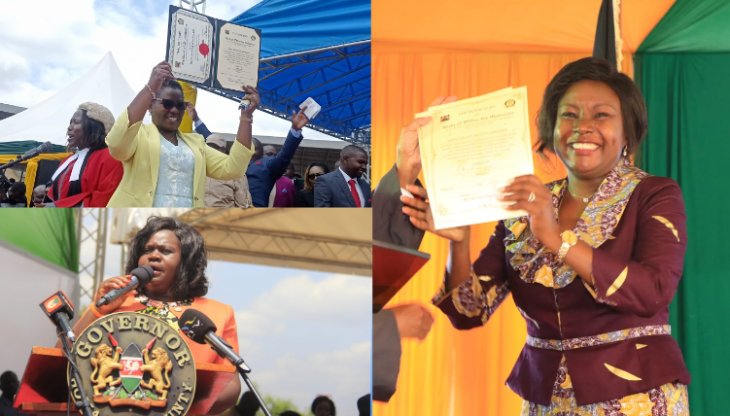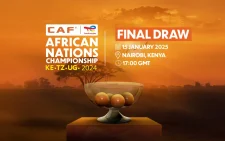There is no place for violence against women today

Although women and girls have perennially been a vulnerable gender, COVID-19 exposed them even more, with statistics showing a spiral in various forms of violence against females. Before the pandemic became a global phenomenon in 2020, data showed that 243 million women and girls had been violated by their intimate partner in 2019.
According to a UN Women report published in November 2021, “The Shadow Pandemic: Violence against women during COVID-19”, 18 per cent of women and girls aged 15 to 49 who have ever been in a relationship had experienced physical or sexual violence by an intimate partner in the previous 12 months.
Since the outbreak of COVID-19, data reveals that all types of violence against women and girls, particularly domestic violence, intensified. This is the Shadow Pandemic that grew alongside the coronavirus and needs global efforts to stop it. Factors that were cited as exacerbating the violence during the pandemic included money and health challenges, congested residences, isolation with abusers, restriction of movement, and deserted public spaces. These factors disoriented people from their routine lifestyles, creating uncertainty about the future.
Still, violence is a fact of life for many women during their lifetime at the family, community or broader society levels. As a result of the current ‘digital age,’ cyberviolence has become quite common, with data from Europe collected in 2015 revealing that one in ten women over the age of 15 has experienced some form of violence online.
Gender violence will be highlighted on November 25 as the world marks the annual United Nations International Day for the Elimination of Violence against Women. The global theme for this year’s 16 Days of Activism against Gender-Based Violence, which will run from 25 November to 10 December 2021, is “UNITE! Activism to End Violence against Women & Girls”.
Supporting and investing in strong, autonomous women’s rights organisations and feminist movements is key to ending violence against women and girls. Unprecedented awareness and momentum have been created, thanks to the relentless work of grassroots activists, women’s human rights defenders and survivor advocates worldwide to prevent and eliminate violence against women and girls. In its annual 16 Days of Activism against Gender-based Violence that starts on November 25, gender activists seek to the whole of society in curbing this practice. Among other ways, the campaign lobbies for behaviour and culture change in society in order to make people more responsive to the needs of women. There should be zero tolerance to vices such as rape, while governments, organisations and institutions should give all women a platform to voice their experiences in encountering violence.
Contrary to popular belief, violence against women has no race, social or economic barriers. For instance, data showed that COVID-19 led to an overall increase in the number of women reporting violence in countries as diverse as Tunisia and the United Kingdom.
Violence against women and girls is a multi-faceted issue that requires equally multi-pronged approaches. In some instances, though still inexcusable, the violence is caused by men who fall short of their financial expectations particularly in providing for their families. This calls for more financial inclusivity to give people a certain basic income that guards them against pecuniary embarrassment. But on the other side of the spectrum are violent incidents of purely criminal minds. These usually end up in grave bodily harm of to the death of their victims. Women need to be offered a refuge from partners that exhibit violent tendencies during the early stages of a relationship.
Violence against women should not be a challenge in the 21st Century when women have basically proved their worth in virtually all fields of human endeavour. Since it beats logic why the vice still thrives, it can only mean that it is a diehard misogynistic culture that thrives on certain gender bias strongholds.
— The writer is a PhD student in International Relations















